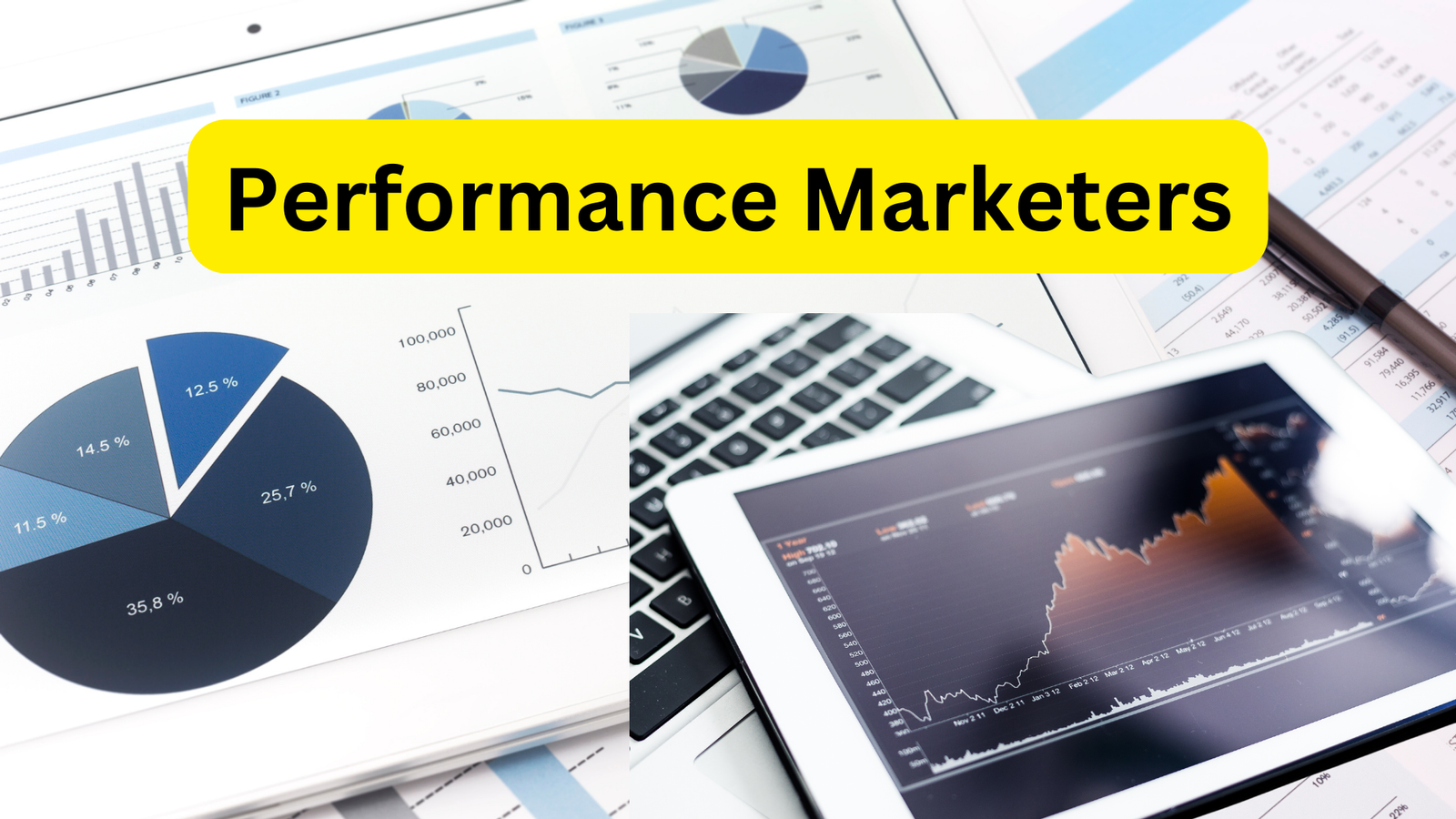Resource Allocation and Reporting Skills
Performance marketers have excellent skills in budget allocation. They know how much to invest in different platforms like Facebook and Google Ads. This understanding comes from their experience and the data they have collected over time.
Data-Driven Decisions
Performance marketers believe in data. They make data-driven decisions. They understand the importance of having multiple data sources and they know how to develop these sources. They understand what the data is telling them about their key metrics and where their focus should be.
Reporting Skills
Performance marketers are strong in reporting skills. They can understand data, interpret it, and prepare reports based on it. They can identify the sources of data and understand what the data is telling them.
In conclusion, performance marketers focus on collective results, understand the importance of data sources, and have strong reporting skills. They use all these strategies to drive growth for a business.
Performance Marketing is a digital marketing strategy where advertisers pay only when specific actions are achieved. These actions can include clicks, leads, sales, or other desired customer behaviors. It’s a cost-effective approach that allows for real-time tracking, targeted reach, and data-driven decision-making.
To become a performance marketer, you can follow these steps:
- Learn the Basics: Understand the fundamentals of digital marketing, including SEO, SEM, email marketing, content marketing, and especially performance marketing.
- Acquire Technical Skills: Familiarize yourself with various digital marketing tools and platforms like Google Ads, Facebook Ads, and analytics tools.
- Get Certified: Many online courses offer certifications in digital and performance marketing. These can help validate your skills and knowledge.
- Gain Experience: Practical experience is crucial. Seek internships or entry-level positions in digital marketing to gain hands-on experience.
- Stay Updated: The digital marketing landscape is always evolving. Stay updated with the latest trends, tools, and best practices.
Benefits of Performance Marketing:
- Measurable ROI: Performance marketing allows for real-time tracking of campaign performance. This enables marketers to measure the return on investment (ROI) accurately.
- Cost-Efficiency: Since you only pay when a specific action is completed (like a click, lead, or sale), it can be a more cost-effective way to reach your marketing goals.
- Targeted Reach: Performance marketing campaigns can be highly targeted to reach specific audiences, increasing the likelihood of conversions.
- Flexibility and Adaptability: Performance marketing campaigns can be adjusted in real time based on their performance, allowing for optimization and improvement.
- Data-Driven Decision Making: Performance marketing is heavily reliant on data, enabling marketers to make informed, data-driven decisions.
- Scalability: As performance marketing is results-based, it allows businesses to scale their efforts in line with the success of their campaigns.
Measuring the Success of a Performance Marketing Campaign:
- Choose an Attainable Goal: Start by setting a clear, achievable goal for your campaign. This could be increasing website traffic, generating leads, boosting sales, or promoting brand awareness.
- Set a time frame: Define a specific period during which you will track and analyze the performance of your campaign.
- Determine Metrics: Decide on the key performance indicators (KPIs) that align with your campaign goal. These could include metrics like click-through rates, conversion rates, cost per action, etc.
- Create a Reporting Template: Develop a template or dashboard where you can track and visualize your KPIs.
- Collect and Analyze Data: Use analytics tools to collect data and analyze your campaign’s performance against your KPIs. This will help you understand whether your campaign is successful and where improvements can be made.


